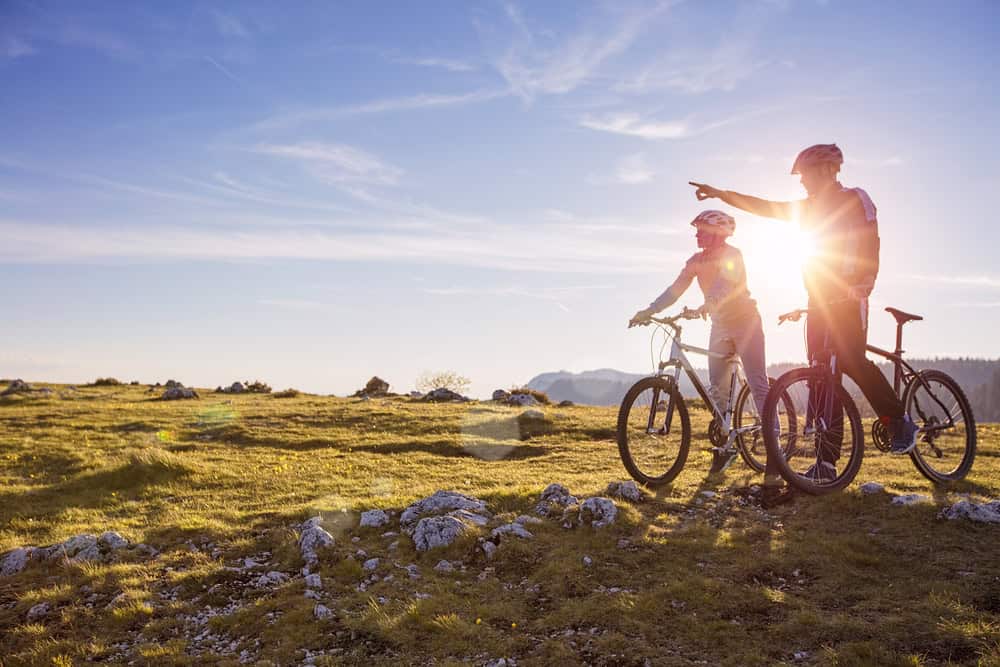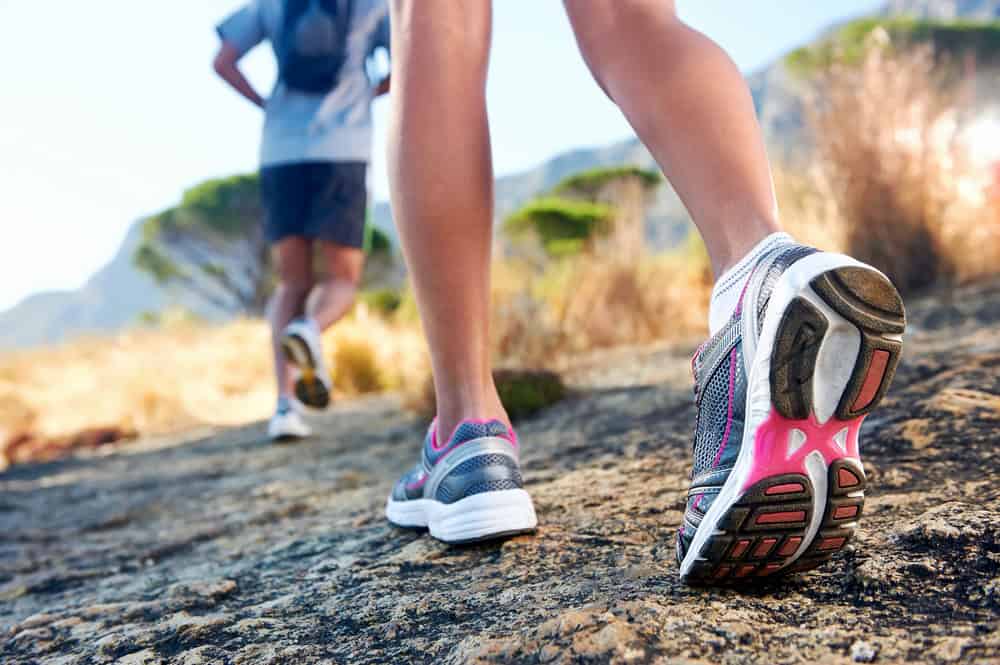


Many studies have shown the importance of physical activities for mental and physical health. There’s also growing evidence of the benefits of spending time in nature or being in contact with the natural environment. Doing physical activity in nature brings together those positive effects that can be particularly beneficial for those in alcohol and drug addiction recovery. The powerful synergy taps into the manifold benefits of both exercise and the natural environment, offering a holistic approach to healing and rehabilitation.
Here’s a quick look at the benefits of outdoor activities in addiction recovery:
When recovering from addiction, it's common to experience cravings for the substance or behavior you were addicted to. Outdoor activities can provide a healthy alternative to these cravings. Engaging in activities like hiking, cycling, or playing sports not only distracts you from the desire to use substances but also releases endorphins, the body's natural "feel-good" chemicals. Over time, your brain can learn to associate these healthy activities with pleasure, gradually reducing the intensity and frequency of cravings for your addictive substance or behavior.

Withdrawal symptoms can be one of the most challenging aspects of addiction recovery. They can include physical discomfort, anxiety, depression, and intense cravings. Outdoor activities can serve as a coping mechanism during this difficult period.
Being in a natural environment, whether it's a park, forest, or beach, can promote relaxation and lower stress, helping reduce the severity of withdrawal. The physical activity associated with outdoor pursuits also helps alleviate some of the physical discomforts of withdrawal.
Nature encourages mindfulness, which is the practice of paying attention to the present moment without judgment. When you immerse yourself in the natural world, you become more aware of your surroundings, senses, and thoughts. This mindfulness can be a powerful tool for managing cravings and coping with the emotional ups and downs of recovery. Additionally, outdoor challenges, like navigating unfamiliar terrain or dealing with unpredictable weather, teach you valuable coping skills, such as problem-solving and resilience, which can be applied to your recovery journey.
Establishing a routine is crucial for individuals in addiction recovery. The lack of structure in daily life can lead to boredom and increased susceptibility to relapse. Outdoor activities, like taking daily mindful walks or going for a weekly hike, can provide a structured way to spend your time. A set schedule helps you stay focused on positive, goal-oriented activities, reducing the likelihood of relapse.
Prolonged substance abuse can lead to significant changes in the brain's structure and function. Outdoor activities can contribute to the healing process. Regular exercise, which is often a part of outdoor activities, stimulates the production of neurochemicals like dopamine, which are essential for brain health. Additionally, the calming effects of nature and reduced stress can aid in brain repair and help restore cognitive function.

One of the primary goals of addiction recovery is to maintain long-term sobriety and prevent relapse. Engaging in outdoor activities can significantly reduce the chances of relapse for several reasons:
Spending time in natural environments has a profound impact on mental well-being. Nature immersion allows you to disconnect from the hustle and bustle of daily life and connect with the natural world. This connection can lead to feelings of tranquility, inner peace, and a sense of being grounded. It provides a mental break from the stressors and triggers that often accompany addiction recovery, allowing you to self-reflect with a focus on nature and healing.
Nature's calming and soothing qualities make it an effective stress-reducer. The sights and sounds of the outdoors can help lower cortisol levels, leading to reduced stress. Exposure to natural settings also has a positive impact on mood, often resulting in increased feelings of happiness and contentment. For those in addiction recovery who may experience heightened levels of stress and emotional challenges, these mood-enhancing benefits are particularly valuable.
The best part is that you can enjoy outdoor activities with others. Activities like hiking, outdoor therapy sessions, community gardening, etc., help you build positive social connections, which is a crucial aspect of addiction recovery. Engaging in outdoor activities with peers or support groups fosters a sense of belonging and support, which can be particularly valuable during challenging times in your recovery.

Addiction affects not only the body but also the mind and spirit. Green therapy contributes to holistic recovery by addressing all these aspects. It can lead to a sense of wholeness and balance, helping you reconnect with yourself beyond your addiction.
Moreover, as you achieve goals in outdoor activities—such as completing a challenging hike or successfully nurturing a garden—your sense of accomplishment and self-esteem improve. These achievements can be a powerful reminder of your ability to overcome challenges, further strengthening your belief in your recovery journey.
Outdoor activities have become a vital tool in the recovery journey, offering a sustainable and enriching path toward sobriety and improved mental and physical well-being. As you embark on your recovery journey, consider embracing the healing embrace of nature, and let the great outdoors be your partner in achieving lasting recovery and a brighter future.
If you need any help in your recovery journey, don’t hesitate to reach out to our team at More Than Rehab. Our expertise and guidance can help you tailor your outdoor activities to your specific needs and circumstances for the best results.


